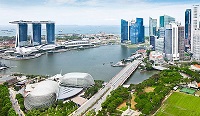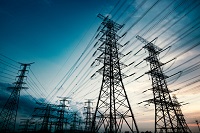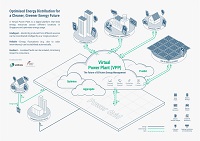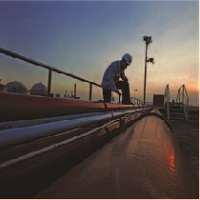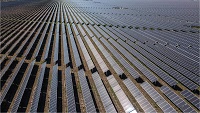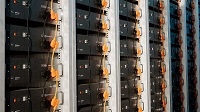For more information, please refer to:
Media Releases
26 Apr 2017
- Senior energy officials from Asia Pacific Economic Cooperation (APEC) member economies and international organisations met in Singapore to discuss energy challenges and opportunities the region is facing.
- The week-long 53rd APEC Energy Working Group (EWG) and Associated Meetings saw more than 120 delegates discussing initiatives to achieve the aspirational goals of reducing energy intensity by 45 percent by 2035, from 2005 levels. They also looked to strengthen cooperation to double the share of renewable energy by 2030, from 2010 levels.
- Recognising the importance of ensuring the continued growth of skilled energy workforce in the APEC region, the Energy Market Authority (EMA) organised the inaugural APEC Energy Workforce Resilience Workshop as part of the week’s programme. It discussed key challenges facing the energy workforce in APEC and strategies to enhance energy workforce resilience.
- Speaking at the opening of the 53rd APEC EWG Meeting, Mr Ng Wai Choong, Chief Executive of EMA said, “International energy cooperation is a critical part of our efforts towards achieving energy security and sustainability. With APEC member economies accounting for more than half of the world’s GDP and close to 60 percent of the world’s energy demand, APEC will continue to play a leading role in our global energy future.”
- The 53rd APEC EWG and Associated Meetings was held in Singapore from 24-28 April 2017. It was last hosted by Singapore in 2006.
---End---
About the APEC Energy Working Group
APEC’s Energy Working Group (EWG), launched in 1990, seeks to maximise the energy sector’s contribution to the region’s economic and social well-being, while mitigating the environmental effects of energy supply and use. The EWG’s work is guided by its current Strategic Plan (2014-2018). EWG’s mission is to build the capacity of APEC members to strengthen domestic and regional energy security and lower the carbon intensity of energy supply and use across the region, facilitated by information and data exchanges, joint research and development, and open trade and investment.
